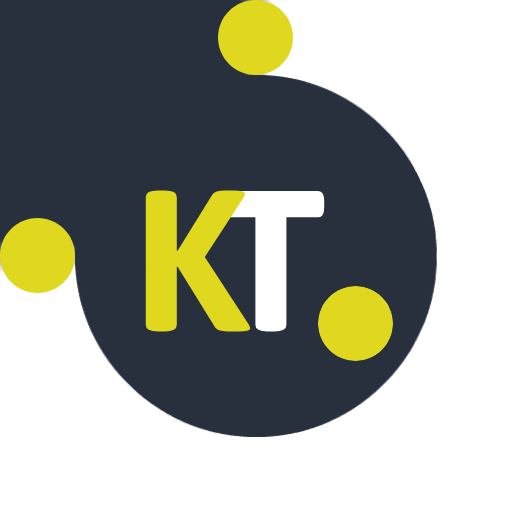Additional Resources for WordPress Development
As you embark on your journey to develop a WordPress plugin and create a successful online business, it’s crucial to equip yourself with the right resources. This section highlights a variety of valuable tools, websites, and communities that can support your WordPress development efforts, enhance your skills, and provide ongoing assistance as you navigate the landscape of plugin development.
1. Official WordPress Resources
- WordPress.org: The official WordPress website provides access to the WordPress software, documentation, forums, and a repository of themes and plugins. It’s an essential starting point for all WordPress developers.
- Developer Handbook: A comprehensive guide from WordPress.org that covers everything from plugin and theme development to coding standards and best practices.
2. Online Tutorials and Guides
- Tuts+: A popular platform offering a range of tutorials on WordPress development, from beginner to advanced topics, including coding and design techniques.
- WPMU DEV Blog: A resource-rich blog that offers tips, tutorials, and best practices for WordPress developers, covering a wide array of topics from SEO to security.
- CSS-Tricks: A website that provides tutorials and articles focused on front-end development, including CSS, HTML, and JavaScript, which are valuable for enhancing your WordPress themes and plugins.
3. Development Tools
- Local Development Environment: Tools like Local by Flywheel or XAMPP allow you to set up a local server on your computer for developing and testing your WordPress sites without the need for a live server.
- Code Snippets: A plugin that enables you to run small pieces of code (snippets) without modifying your theme’s functions.php file. This can help you test and implement custom code quickly.
- Debugging Tools: Use Query Monitor or Debug Bar to identify issues in your WordPress installation, track performance, and analyze database queries.
4. Version Control and Collaboration
- GitHub: A platform for version control that allows you to manage your codebase, collaborate with others, and track changes. It’s especially useful for open-source projects and for working with a team.
- Bitbucket: Similar to GitHub, Bitbucket offers version control services and is integrated with Atlassian tools like Jira, making it a great option for project management and collaboration.
5. Community Forums and Support
- WordPress Support Forums: A community-driven forum where users can ask questions, share experiences, and find solutions to common issues related to WordPress development.
- Stack Overflow: A question-and-answer platform where developers can seek help for specific coding problems. It’s an excellent resource for troubleshooting and finding solutions to complex issues.
6. Networking and Events
- Meetup.com: Search for local WordPress meetups in your area. These gatherings offer a chance to network with fellow developers, share knowledge, and learn from one another.
- WordCamps: These informal, community-organized conferences take place worldwide, featuring sessions and workshops on various topics related to WordPress development and marketing. Attending WordCamps is a great way to connect with industry professionals.
7. Plugins and Themes Marketplaces
- CodeCanyon: A marketplace where you can buy and sell premium WordPress plugins. Browsing CodeCanyon can give you insights into popular plugins and pricing strategies.
- ThemeForest: Similar to CodeCanyon, ThemeForest specializes in premium WordPress themes. Studying top-selling themes can help you understand design trends and user preferences.
8. Books and Ebooks
- “Professional WordPress: Design and Development” by Brad Williams, David Damstra, and Hal Stern: This book provides a thorough introduction to WordPress development, covering topics like plugin development, security, and performance optimization.
- “Building WordPress Themes from Scratch” by Andrew Welch: A practical guide that takes you through the process of creating custom WordPress themes, including coding techniques and best practices.
9. Podcasts and Video Content
- WP Watercooler: A podcast that features discussions on a variety of WordPress-related topics, including development, design, and marketing strategies.
- YouTube Channels: Channels like “WPCrafter” and “WPBeginner” offer video tutorials and tips on WordPress development, marketing, and optimization techniques.
Equipping yourself with the right resources is key to succeeding in WordPress development. The additional resources outlined in this section will enhance your skills, provide support, and help you stay informed about the latest trends and best practices. As you navigate your journey in plugin development, don’t hesitate to explore these tools and communities, and remember that continuous learning and engagement with the WordPress community will empower you to reach your goals and create a successful passive income stream.

